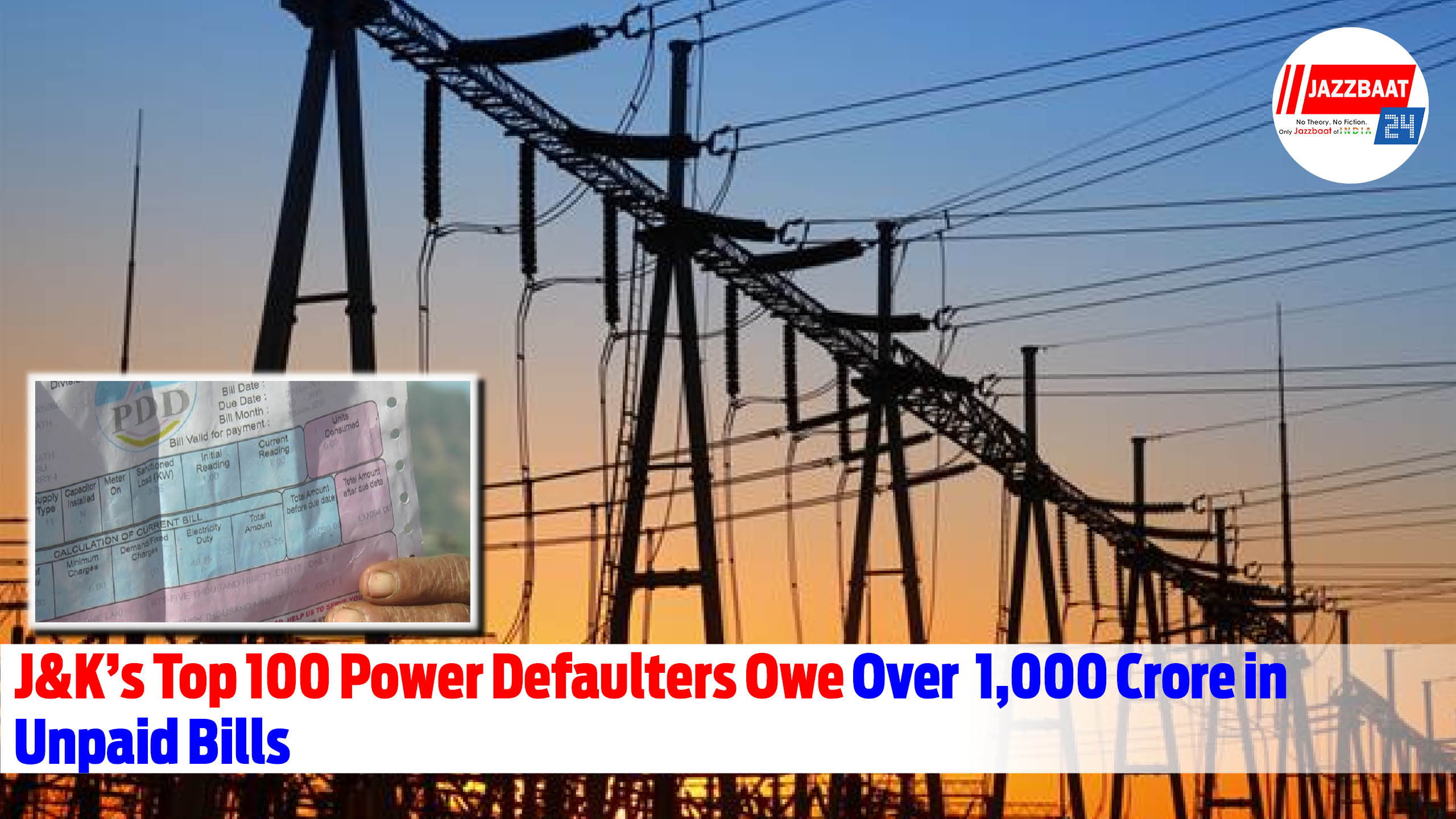
The Jammu and Kashmir authorities have stated that the region's top 100 power defaulters, which they describe as commercial establishments, industrial units, and government departments, have racked up more than ₹1,000 crore in unpaid electricity bills. The massive pending dues are an additional burden on the already ailing power infrastructure of J&K owing to high transmission losses and theft of power.
In order to condition revenue collection and allow timely payments of bills, various measures are proposed, including stricter enforcement, disconnection drives, and legal means. Officials have warned that the continued defiance could force power disconnection for such defaulters.
The power sector of J&K has far too long remained in the vicious grip of financial instability on account of non-regular payment of the bills and a high degree of pilferage. The administration was clamoring, among other reforms, for smart metering and monitoring processes to curb losses and ensure efficiency.
With concerns being raised over this staggering amount of outstanding dues, there remains the question of accountability and the necessity for a stricter policy to avoid further defaults. Even as there are efforts by the government to recoup unpaid dues, experts underscore the need for systematic reforms that will pave the path toward long-term sustainable power distribution and enable financial stability for the province.
With the increased focus of the administration on this concern, there is hope among stakeholders that a more sustained enforcement system and governance will work toward diminishing defaults and will bolster J&K's power sector.